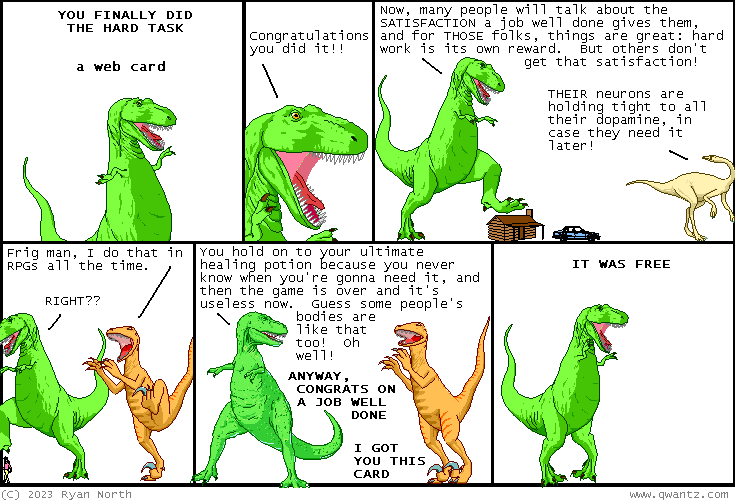Reading
To say that Megan Fernandes writes funny—often devastatingly funny—teeming, jittery, compassionate, impatient lyrics is still to miss the deeper point. In her third collection of poems, I Do Everything I’m Told, there is something else flowing under the dazzling surfaces, the ribald talk, the dancing in and out of narrative: there is a profound engagement with the question of history. Personal, political, global. The question of history might seem a dry one, but as Fernandes demonstrates, it is perhaps the question—as alive and twisted and full of lust and disaster as any human life or community. And so the question of what to do with history is the question of its weight and muchness. The book includes a crown of “wandering” sonnets—“Lisbon Sonnet,” “Palermo Sonnet,” “Philadelphia Sonnet”—as wide-ranging as the poet’s own international background, but the book takes forms of all sorts and bends them in gloriously obscene ways.
In 1791, the writer and revolutionary Thomas Paine commented in his pamphlet The Rights of Man that ‘the town of Old Sarum, which contains not three houses, sends two members; and the town of Manchester, which contains upwards of sixty thousand souls, is not admitted to send any.’ This was an extreme example of a […]
“You should never ask a lady that.”
“Why? Did someone say something?”
“I can’t say that I haven’t not been flossing.”
“Yes… Oh, my teeth? No.”
“Are you going to put your hand in my mouth and feel around?”
“I’m so glad you brought it up. Do you want to discuss this over a couple of root beers?”
“Oh, I was going to ask you about that. I couldn’t remember if we were supposed to floss or supposed to not floss? It’s the first one, right?”
“I lost all my floss in the Great Molasses Flood of 1919.”
“I know that the second I open my mouth it’s going to be painfully obvious that I haven’t been, but I’m probably just going to say yes anyways and make the rest of this appointment weird and awkward for both of us.”
“I’ve been meaning to start that for a while now. Do you recommend it? I’ll definitely put it on my list.”

- by Aeon Video

- by Rebecca E Williams & Pamela Crane
Within the Labour Party, many have concluded that a small, central London-based group has launched an assault on our pluralistic character, democratic structures and our culture. You may have thought that you were safe because they only took out Jeremy Corbyn and removed a number of us from the Shadow Cabinet. But the truth is they […]
Continue reading
Continue reading
| archive - contact - sexy exciting merchandise - search - about |

| ← previous | June 7th, 2023 | next |
June 7th, 2023: My new book DANGER AND OTHER UNKNOWN RISKS is out now and it's getting really go The Stream: Aljazeera.com
It’s been over four years since Julian Assange was forcibly removed from the Ecuadorian embassy and placed in a high security prison in the UK, where he is battling extradition to the United States. The Wikileaks co-founder is wanted on 17 charges of espionage and one charge of computer misuse for publishing documents that exposed US war crimes in Iraq, Afghanistan, and the US military prison at Guantánamo.
The Australian Bureau of Statistics released the latest – Australian National Accounts: National Income, Expenditure and Product, March 2023 – today (March 1, 2023), which shows that the Australian economy grew by just 0.2 per cent in the March-quarter 2023 and by 2.3 per cent over the 12 months. If we extend the March result…
It’s heartbreaking. But you shouldn’t have to personally experience it to have some empathy for what these kids are going through. Treating children — any children — like pariahs and threatening them and their parents and doctors with jail is reprehensible. And maybe this fellow should reassess his assumptions about “the woke” in general.
Apparently, he been busy testifying. The New York Times reported this afternoon that he’s has appeared before Jack Smith’s Grand Jury: For months, people in Mr. Trump’s orbit have been puzzled by and wary about the low profile kept by Mr. Meadows in the investigations. As reports surfaced of one witness after another going into the grand jury or to be interviewed by federal investigators, Mr. Meadows has kept largely out of sight, and some of Mr. Trump’s advisers believe he could be a significant witness in the inquiries. Mr. Trump himself has at times asked aides questions about how Mr. Meadows is doing, according to a person familiar with the remarks. Asked about the grand jury testimony, a lawyer for Mr. Meadows, George Terwilliger, said, “Without commenting on whether or not Mr. Meadows has testified before the grand jury or in any other proceeding, Mr. Meadows has maintained a commitment to tell the truth where he has a legal obligation to do so.” Mr. Meadows was a polarizing figure at the White House among some of Mr.
Experts say the Florida governor and his super PAC are pushing boundaries and betting that election regulators are asleep on the job.
| ||

